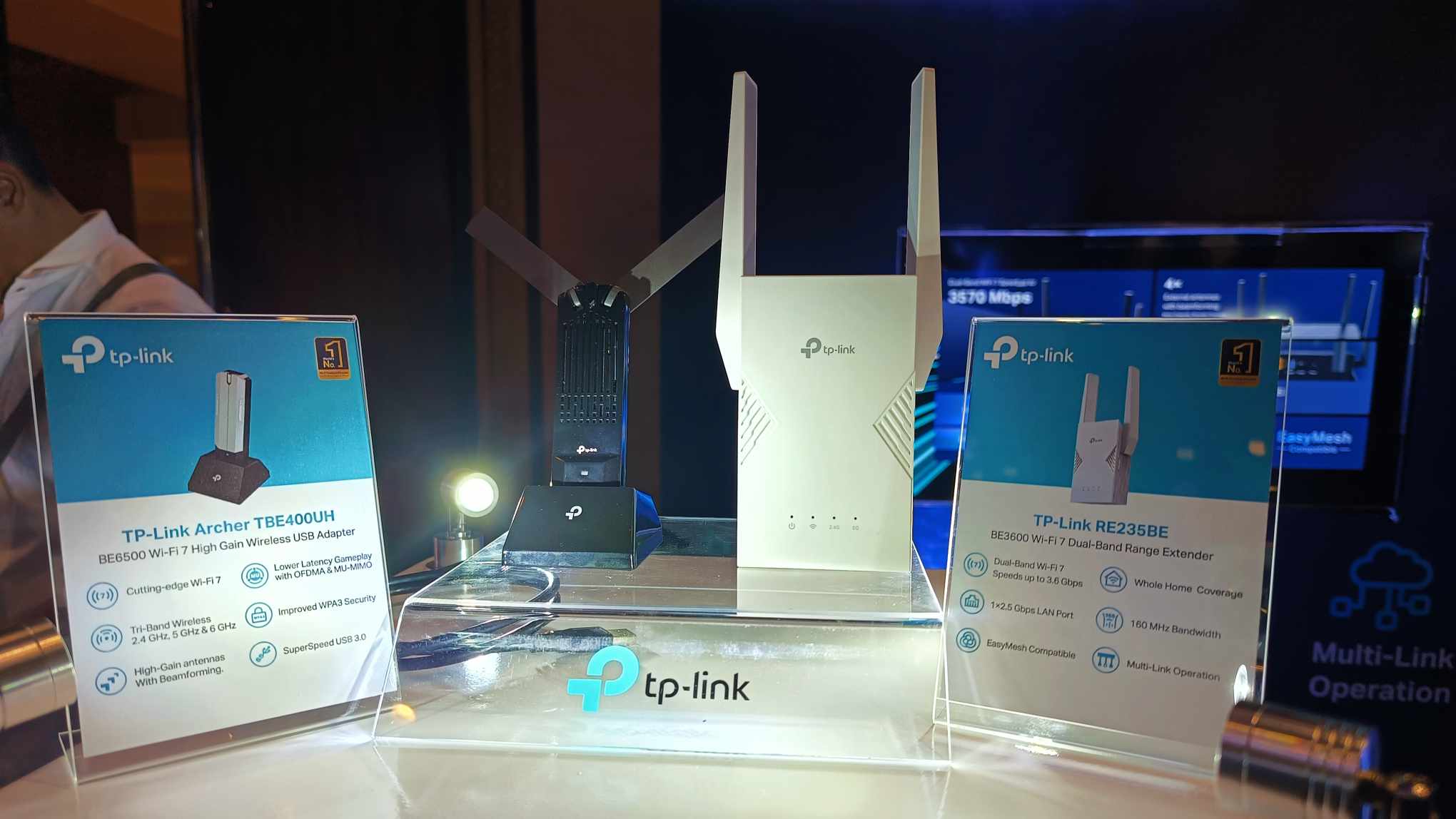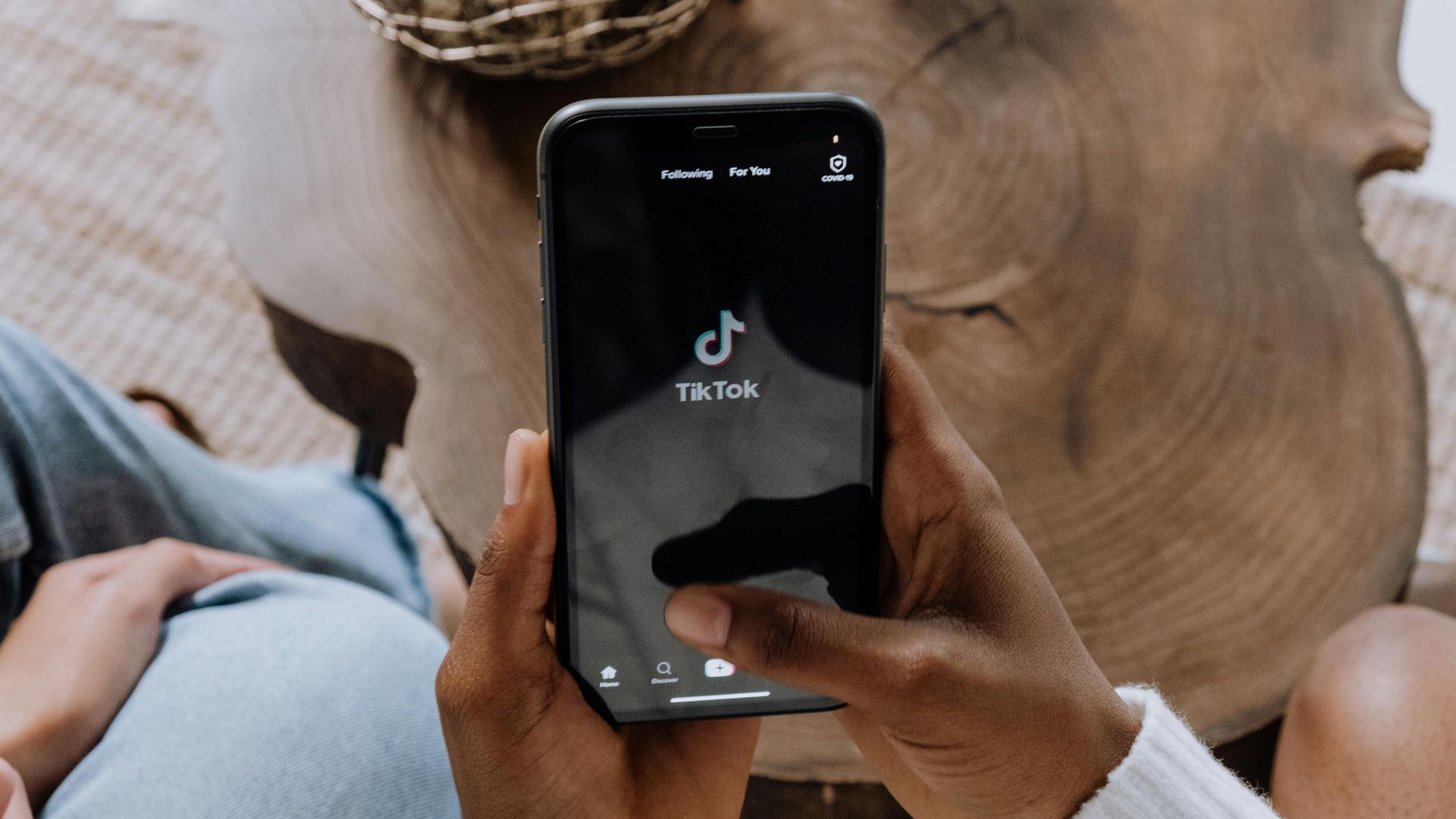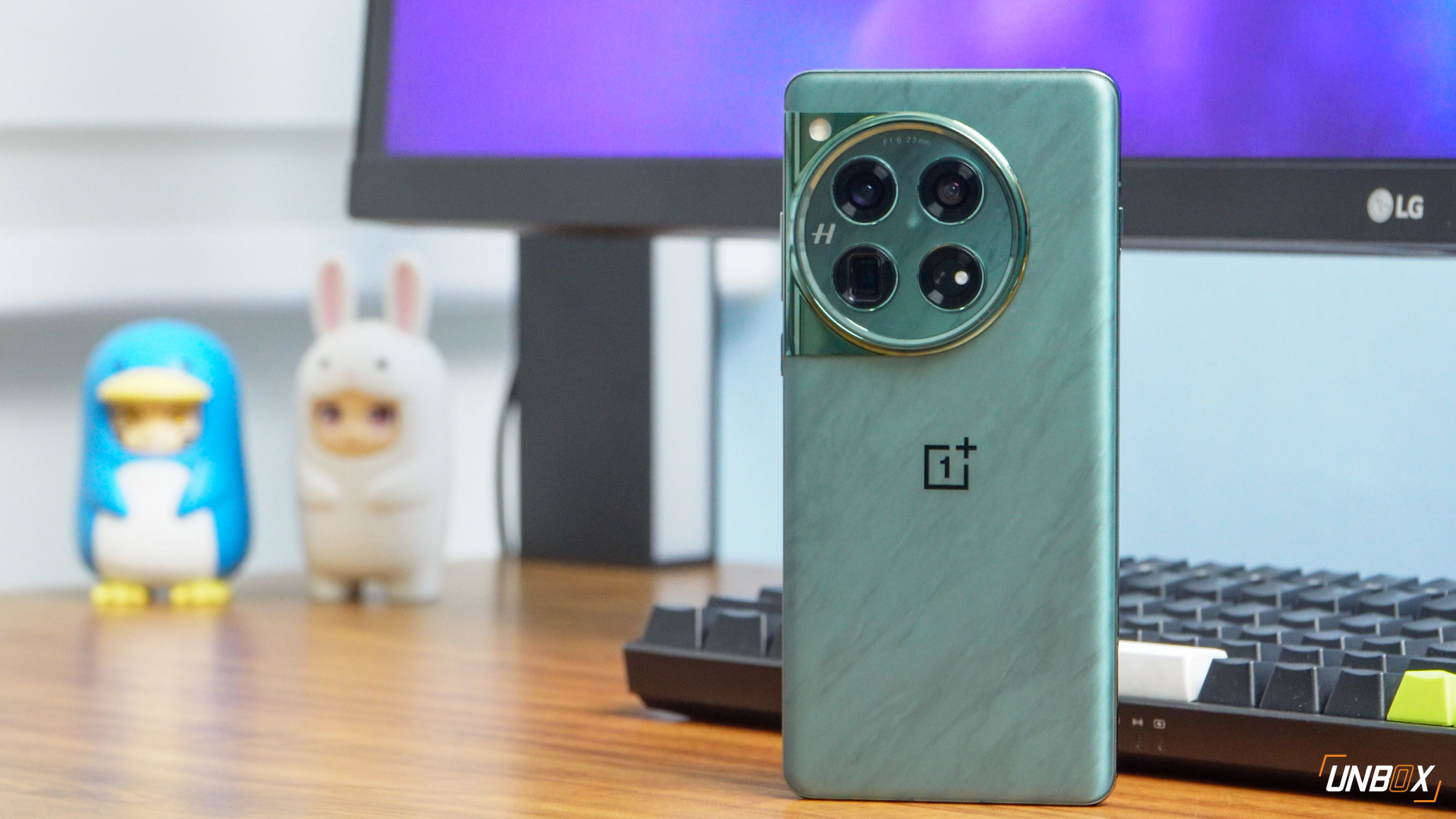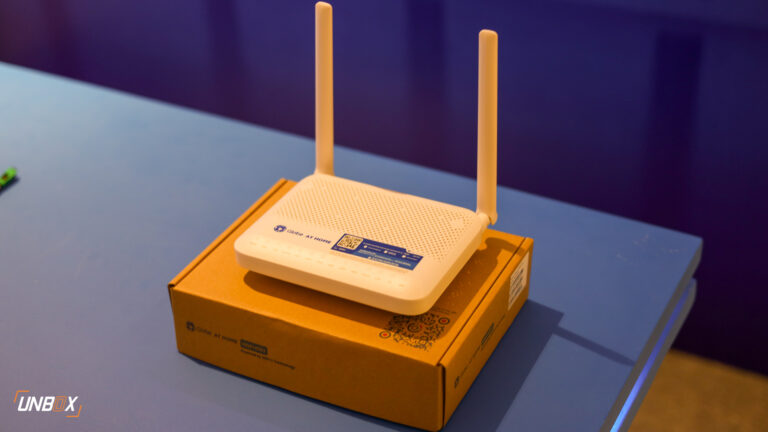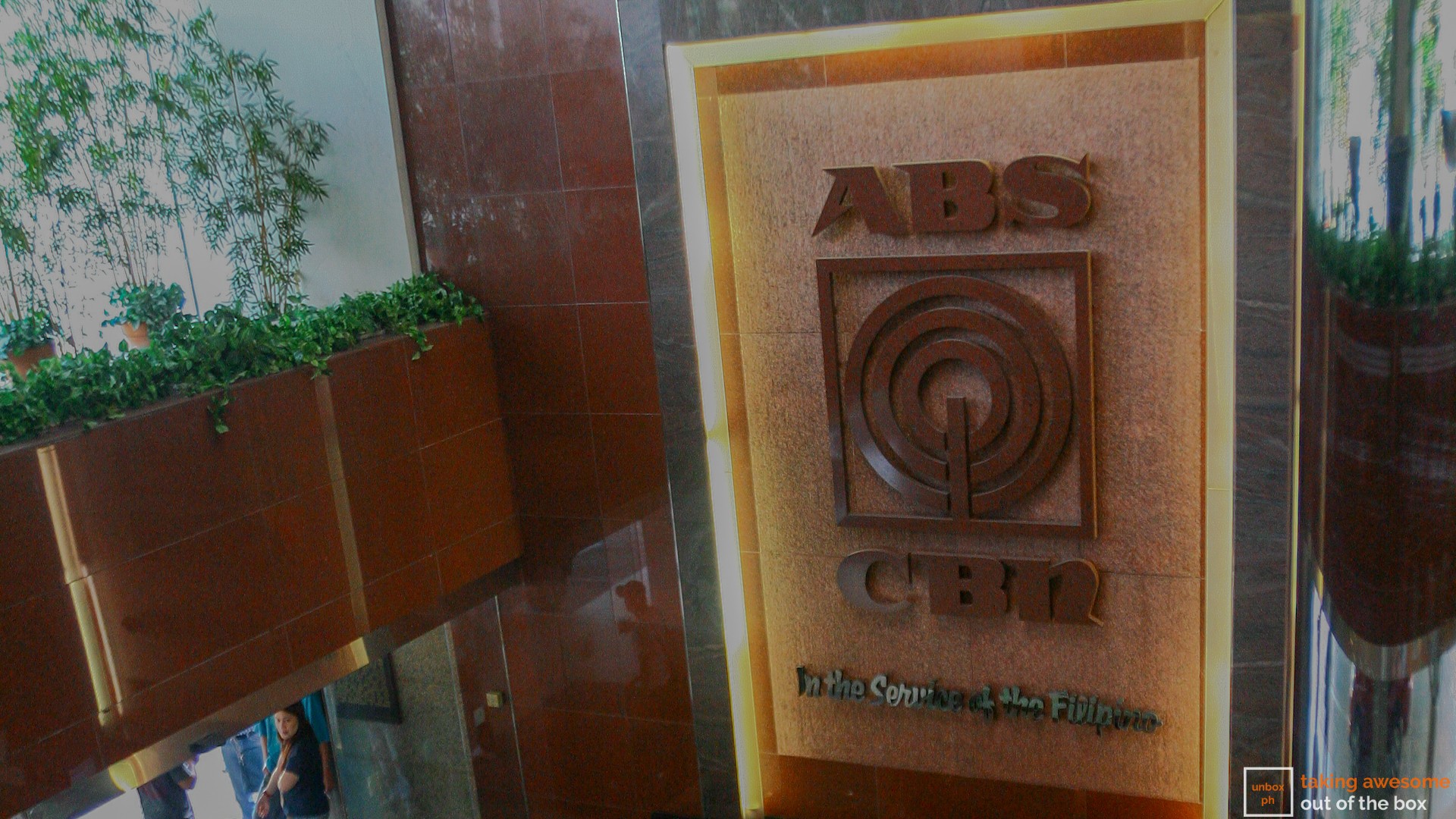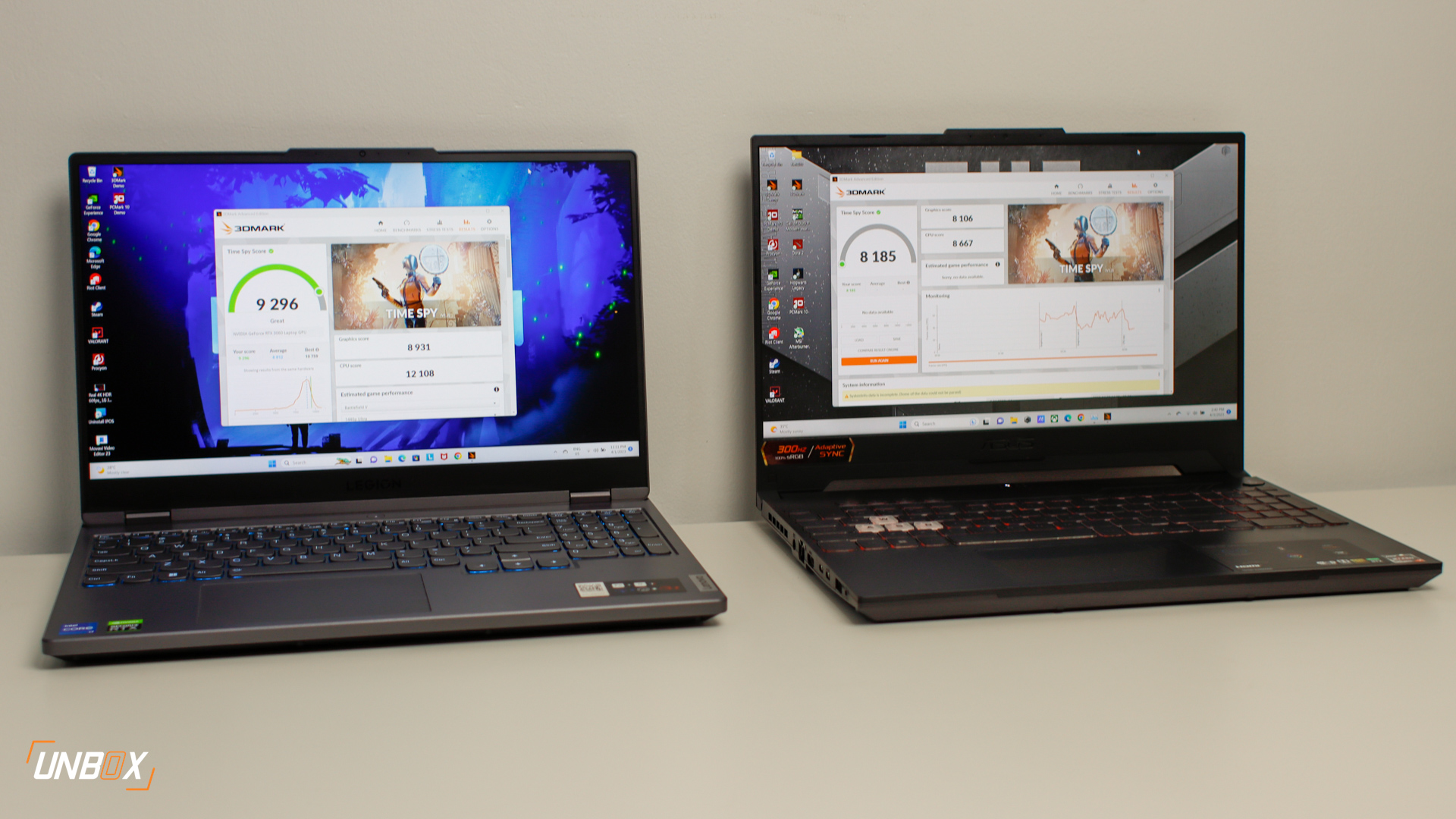Would you believe it if we said that less than 20% of Filipino households are currently connected to the internet? Despite the fact that a lot of people use mobile data for more affordable plans, that’s still a shocking amount when you consider how the whole world has become dependent on the world wide web. We’ve pushed for Philippine digitalization all this time – but we have to acknowledge that our very laws are hampering this progress.

These laws specifically pertain to the information and communications technology (ICT) sector. In a webinar conducted last week, Philippine Institute for Development Studies (PIDS) senior research fellow Ramonette B. Serafica explained that the world of tech moves quickly. As a result, we also need a dynamic regulatory framework for it which moves much faster than the current legal system. “There is a need to bring telecommunications policies to the 21st century.”
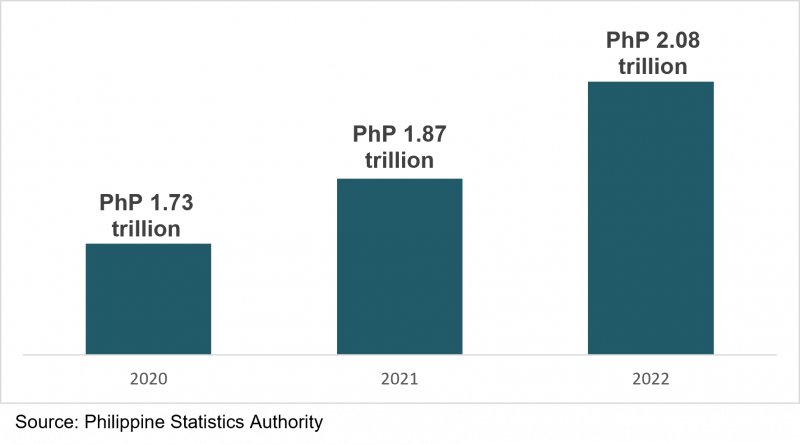
After all, the digital economy contributed 9.4% of our country’s GDP in 2022 according to the Philippine Statistics Authority. This totals a whopping amount of PHP 2.08 trillion and includes transactions on e-commerce, digital media, and content.
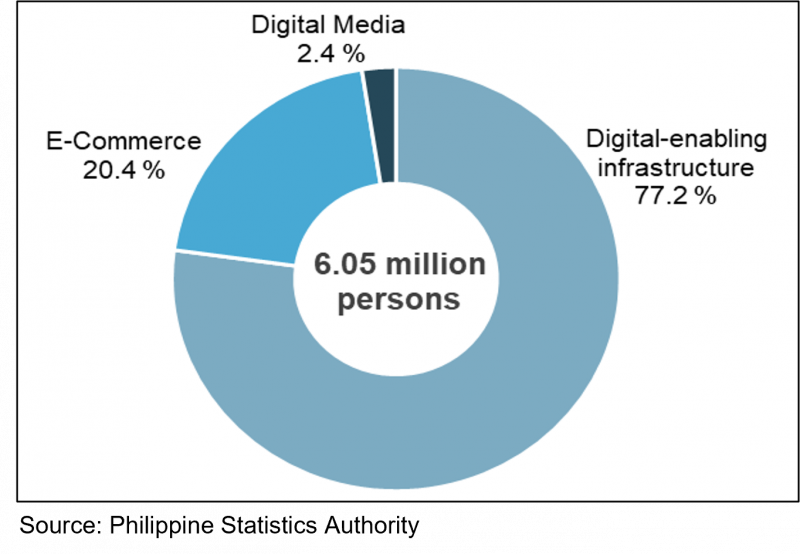
With such a small group of people contributing a huge chunk to the country’s economy, the next goal for Philippine digitalization should be onboarding the rest of the population to participate in this booming sector. That not only includes general access to devices that can use the internet, but also infrastructures such as cell towers and cable wires in far-flung areas. Statistics show that consumers in the capital region are seven times more likely to have access to digital platforms compared to their counterparts in Mindanao.
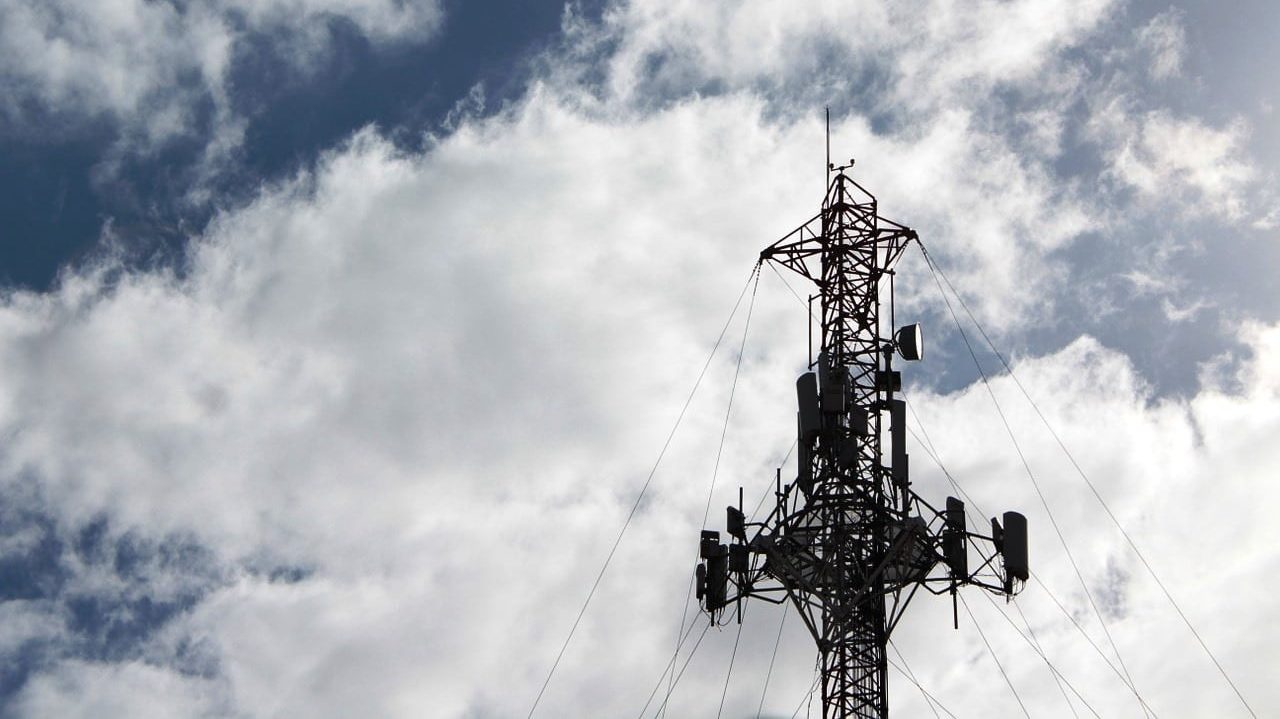
However, it can also be inferred that despite our country’s outdated policies when it comes to this, we can remain optimistic about the future of digital in the Philippines. The Public Telecommunications Policy Act is looking to restructure the current frameworks and bring forth the change that is needed to modernize our systems. That includes proposing to abolish the “franchise” required to operate as a telco in the Philippines. It discourages foreign competitors from setting up here, especially since we’re the only country left in SEA that still carries this practice.
Also, National Economic and Development Authority Undersecretary Krystal Lyn T. Uy mentioned that prices for telcos are one of (if not the) highest in the region due to the high additional costs warranted by outdated policies. Coordinating with LGUs to lay down fiber cables necessitates a lot of political discussions and the like, taking time and resources at the expense of the citizens of that area.
At this point, everyone’s just waiting for the Department of Information and Communications Technology (DICT) to release an updated, refreshed system that will solve these issues and give Filipinos the connectivity they deserve.




